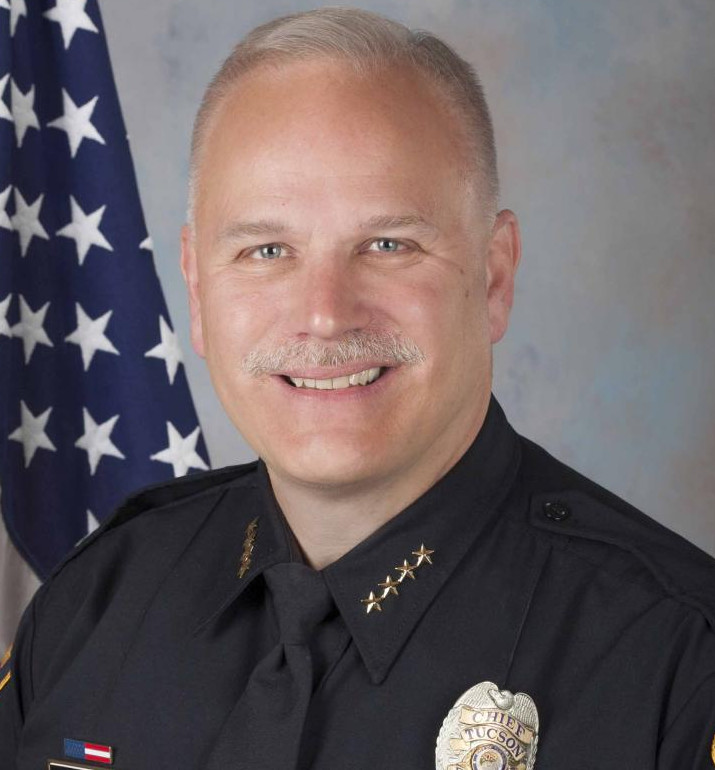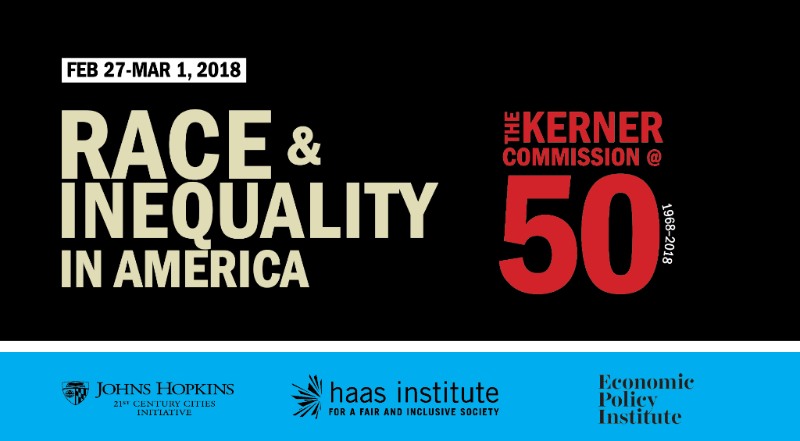
See media coverage of the conference here
View photos from the event here
Listen to Marc Steiner’s interview with Senator Fred Harris here
Read the Economic Policy Institute report on racial inequality 50 years after the Kerner Commission here
Conference Materials
Wednesday, February 28th
john powell keynote presentation
Sonya Joseph – Black Lives Matter and Criminal Justice Panel Slides
Myron Orfield – Housing and Neighborhoods Panel Slides
Thursday, March 21st
Robert Hahn – Health Panel Slides
Linda Darling Hammond – Education Panel Slides
Jitu Brown -Education Panel Slides
Rucker Johnson – Education Panel Slides
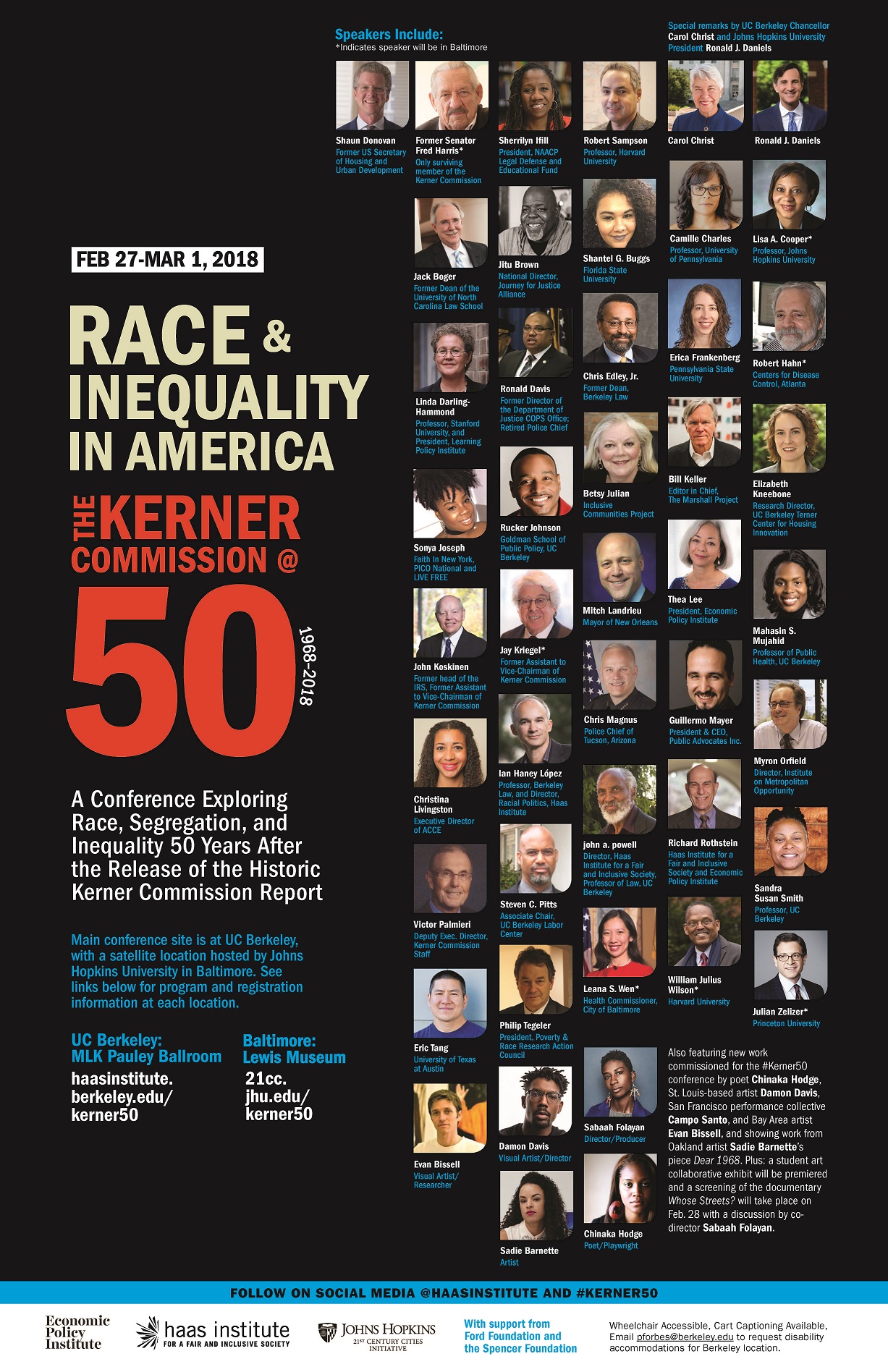
A conference exploring race, segregation, and inequality 50 years after the release of the historic Kerner Commission Report.
From #BlackLivesMatter to the Supreme Court, issues of race, segregation, inequality, the legacy of slavery, and who belongs in America and who America belongs to, is as salient today as it was 50 years ago. Join the conversation at the #Kerner50 conference.
Who: More than two dozen relevant experts, scholars, and a member of the Kerner Commission
What: Two-day conference exploring race, segregation, & inequality
Where: Reginald F. Lewis Museum, 2nd Floor Theater, 830 E. Pratt St., Baltimore, MD 21202
When: Feb. 28 – March 1, 2018
Tickets: The Baltimore conference is free to attend, but space is limited. Reserve a ticket here.
Sponsors

Background and Info
In the mid-1960s, a series of violent police encounters with Black Americans sparked uprisings in more than 100 American cities. Shaken by the civil unrest across the nation in 1967, President Lyndon B. Johnson established the National Advisory Commission on Civil Disorders to investigate the immediate causes of the rebellions, as well as the underlying conditions of racial segregation and discrimination that gave rise to them. Headed by Illinois Governor Otto Kerner, with Mayor John V. Lindsay of New York as vice chairman, the Commission issued its landmark report, which became commonly known as the “Kerner Report,” on February 29, 1968.
The Kerner Report, unanimously signed by the bipartisan and politically mainstream commission, was wide-ranging and dramatic, and concluded that white society had denied opportunity to Black Americans living in poor urban neighborhoods. The report offered both dire warnings along with a bold plan of federal action. Its most famous line, cited again by the US Supreme Court as recently as 2015, was: “Our Nation is moving toward two societies, one black, one white—separate and unequal.” In its other most memorable passage, the commission said: “What white Americans have never fully understood—but what the Negro can never forget—is that white society is deeply implicated in the ghetto. White institutions created it, white institutions maintain it, and white society condones it.”
The killings of unarmed Black teenagers that sparked #BlackLivesMatter, and the ensuing movement that grew out of it, have re-awakened American consciousness to the pervasiveness of segregation, inequality, and police brutality and violence. The rise of white nationalist movements in Charlottesville and beyond, protests on college campuses, state capitols, and elsewhere over monuments and buildings that honor figures responsible for slavery and segregation, race remains at the forefront of the currents of American life.
The themes, findings, and recommendations of the Kerner Report have never seemed more relevant since its release. For that reason, the Haas Institute for a Fair and Inclusive Society at UC Berkeley, along with Johns Hopkins University and the Economic Policy Institute, is organizing a national conference commemorating the 50th anniversary of the Kerner Report. The conference will not only examine the legacy, successes and failures of the commission, but will envision what a contemporary Kerner Report might look like in every major area of American life, including housing, education, healthcare, policing, and more.
The “Race & Inequality in America: The Kerner Commission at 50” conference aims to serve as a landmark, comprehensive investigation of race in American society. The conference will be co-hosted at UC Berkeley and by Johns Hopkins University at the Reginald F Lewis Museum in Baltimore. Speakers will participate from both Berkeley and Baltimore and will be simulcast to live audiences at both locations. Recordings of the events will be posted online at a later date for those who are not able to attend the conference. Findings from the conference will be compiled into reports and multimedia materials to be made publicly available following the conference, in order to serve as a landmark retrospective as well as a roadmap for a policy agenda that can grapple with the challenges of racial inequality in American society.
For historical background on the Kerner Commission, download and read the executive summary of their 1968 report here.
Date: February 28 – March 1, 2018
Location: Reginald F. Lewis Museum, 2nd Floor Theater, 830 E. Pratt St., Baltimore, MD 21202
Initial planning for the conference was done by an advisory committee including Jack Boger, Chris Edley, Sherrilyn Ifill (represented by James Cadogan), Rucker Johnson, Elizabeth Julian, Bill Keller, Jay Kriegel, Taeku Lee, Myron Orfield, Jack Rosenthal (1935-2017) and William Julius Wilson.
Speakers
Attendees at both the Baltimore and Berkeley locations will see all speakers simulcast live. Below is a list of the locations where the speakers will be in person.
From the Baltimore Location
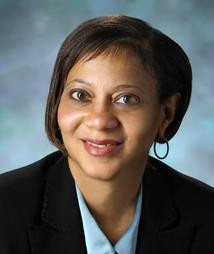
Lisa A. Cooper, Bloomberg distinguished professor, social epidemiologist, and health services researcher at Johns Hopkins University.
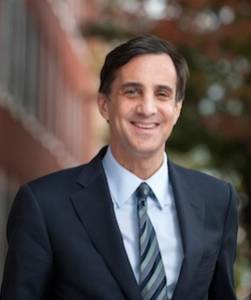
Ronald J. Daniels, President of Johns Hopkins University.
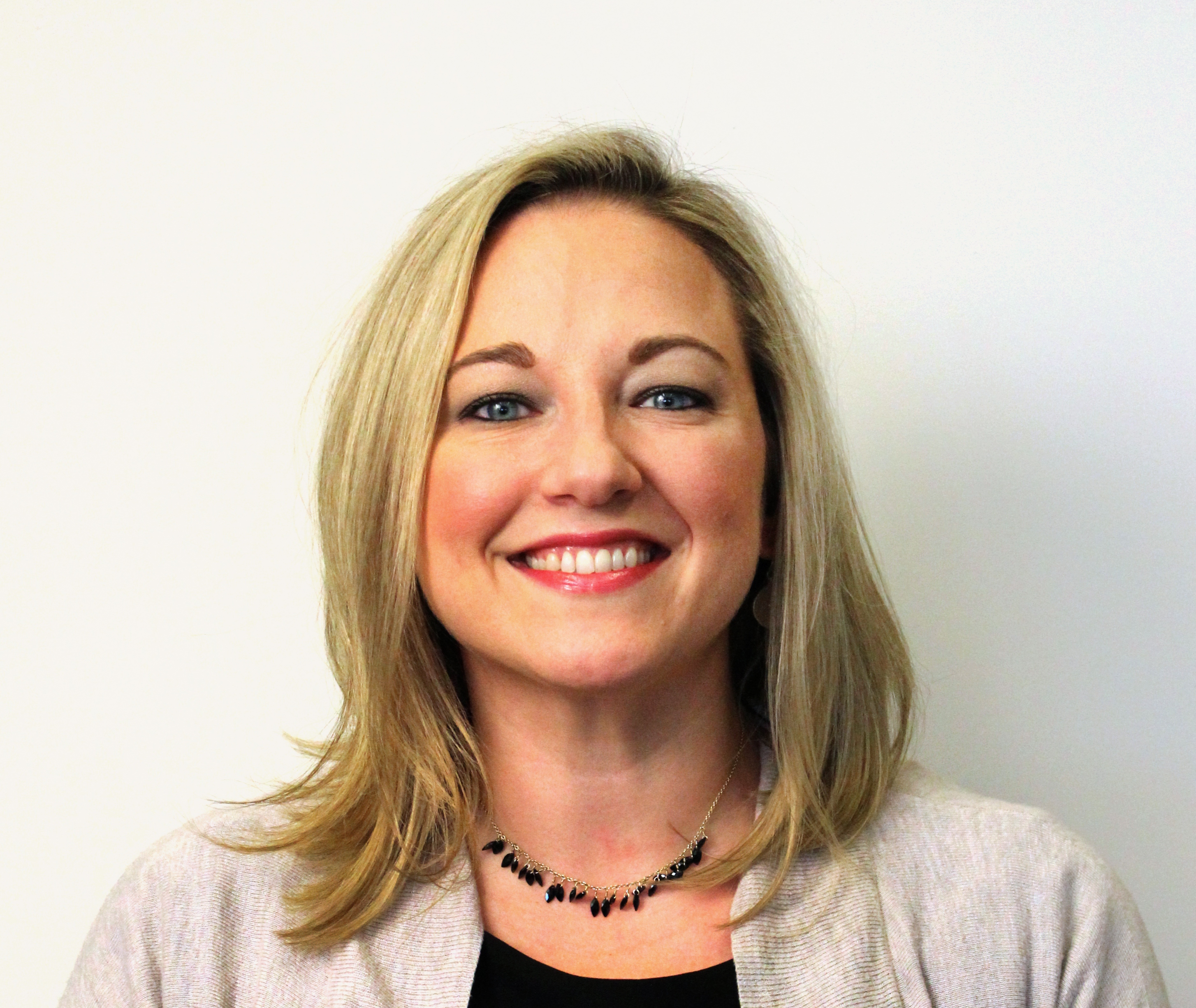
Stefanie DeLuca, James Coleman Professor of Sociology & Social Policy at Johns Hopkins University.
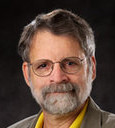
Robert Hahn, General Health Scientist at the Centers for Disease Control and Prevention in Atlanta, Georgia.

Fred Harris, former US Senator from Oklahoma (1964-1973), & the only surviving member of the nine-member Kerner Commission.
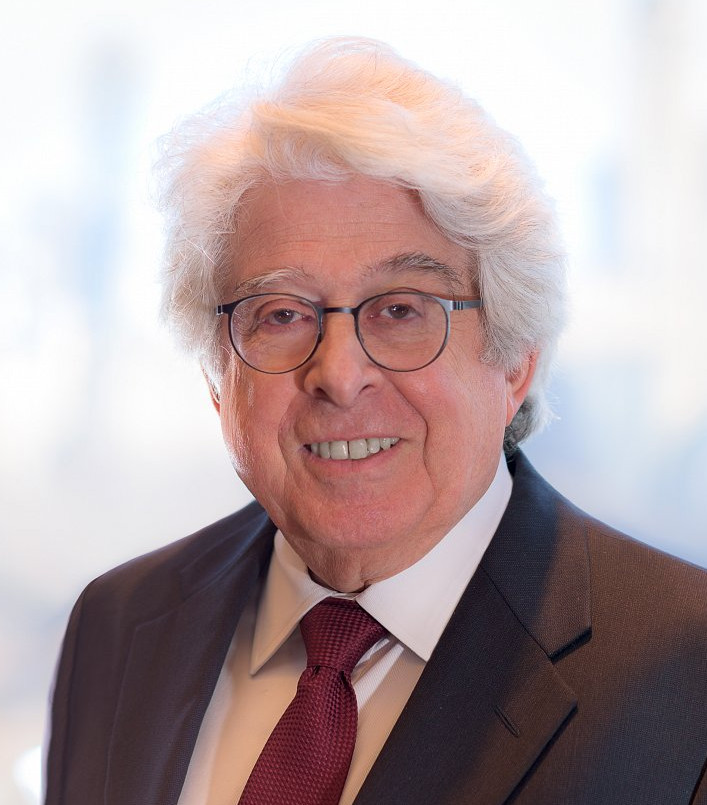
Jay Kriegel, Senior Adviser at Related Companies who previously served as assistant to the Vice-Chairman of the Kerner Commission, John Lindsay.
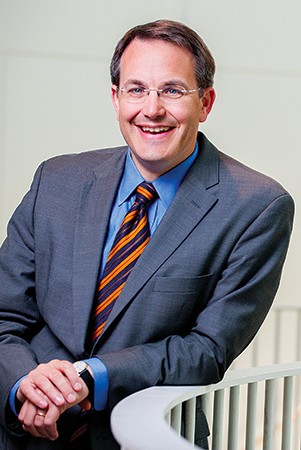
Robert Lieberman, Krieger-Eisenhower Professor of Political Science at Johns Hopkins University.
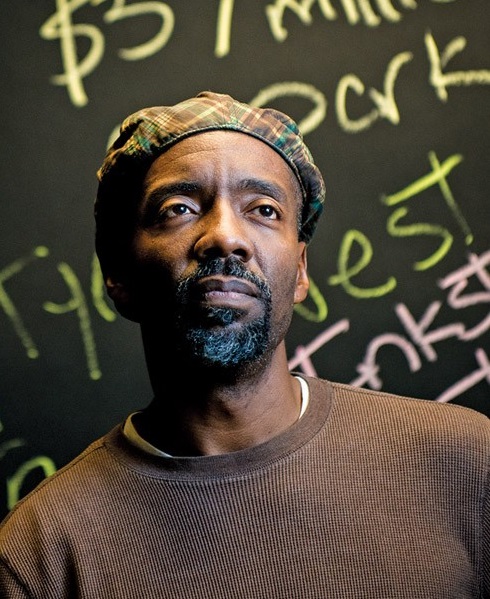
Lester Spence, Associate Professor of Political Science and Africana Studies at Johns Hopkins University.
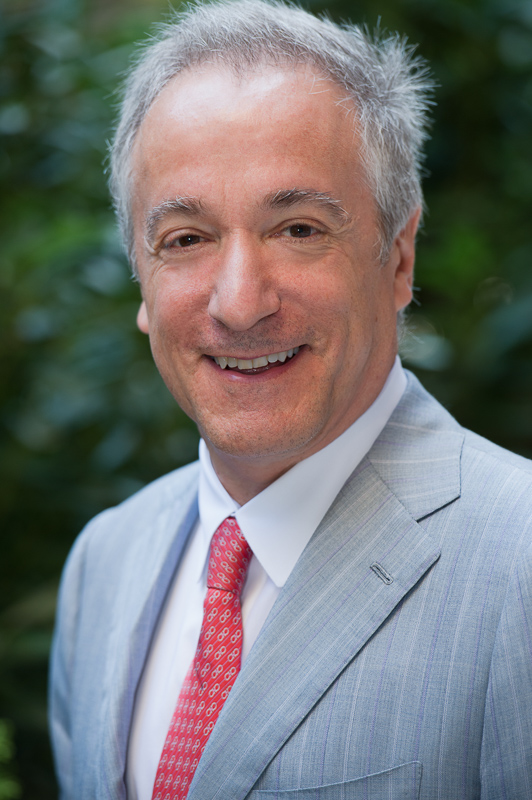
David Steiner, Director of the Johns Hopkins Institute for Education Policy and Professor of Education at Johns Hopkins University.
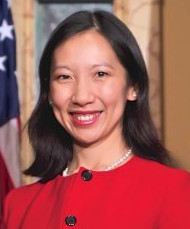
Leana S. Wen, Commissioner of Health for the City of Baltimore.

Julian Zelizer, frequent commentator in international and national media on political history and contemporary politics, and author of The Fierce Urgency of Now: Lyndon Johnson, Congress, and the Battle for the Great Society (2015).
From the Berkeley Location
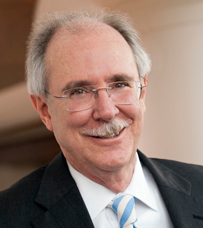
John Charles “Jack” Boger, former Dean of the University of North Carolina’s law school (2006-2015), & former staff counsel for the NAACP Legal Defense Fund.
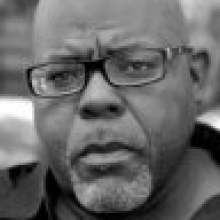
Jitu Brown, National Director of Journey for Justice Alliance.
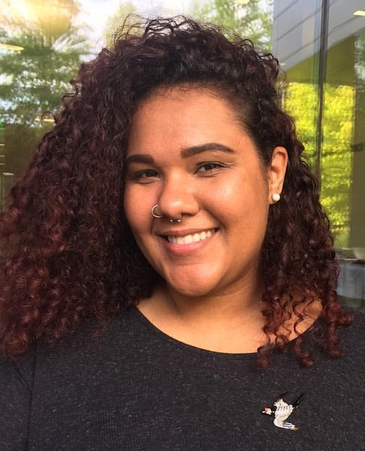
Shantel Buggs, Assistant Professor in the Department of Sociology, and Assistant Faculty in the Program for African American Studies, Florida State University.
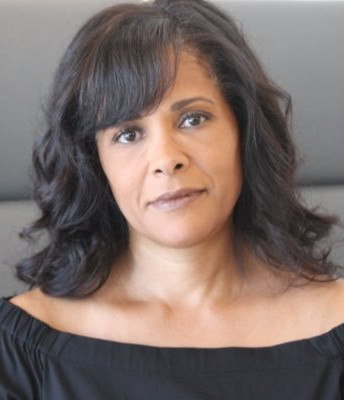
Camille Z. Charles, Professor of Sociology, Africana Studies & Education, and Director of the Center for Africana Studies at the University of Pennsylvania.
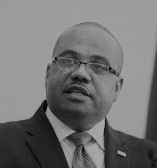
Ronald Davis, former Director of the Department of Justice COPS Office, Executive Director of President Obama’s Task Force on 21st Century Policing, & retired police chief.
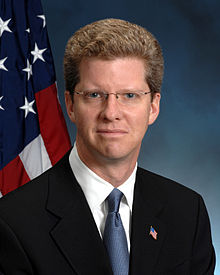
Shaun Donovan, US Secretary of Housing and Urban Development (2009-2014), & former Director of the Office of Management and Budget (2014-2017).
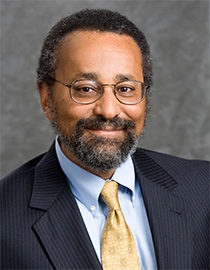
Chris Edley, former Dean of the UC Berkeley law school (2004-2013), & former professor at Harvard Law.

Sabaah Folayan, storyteller and filmmaker; Director of Whose Streets?

Erica Frankenberg, Associate Professor of education and demography in the College of Education at the Pennsylvania State University.
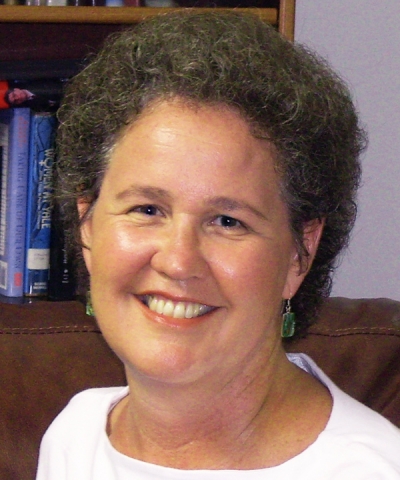
Linda Darling-Hammond, President of the Learning Policy Institute, & Charles E. Ducommun Professor of Education Emeritus at Stanford University.
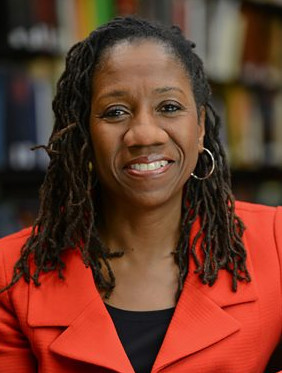
Sherrilyn Ifill, president and director-counsel of the NAACP Legal Defense and Educational Fund, Inc.
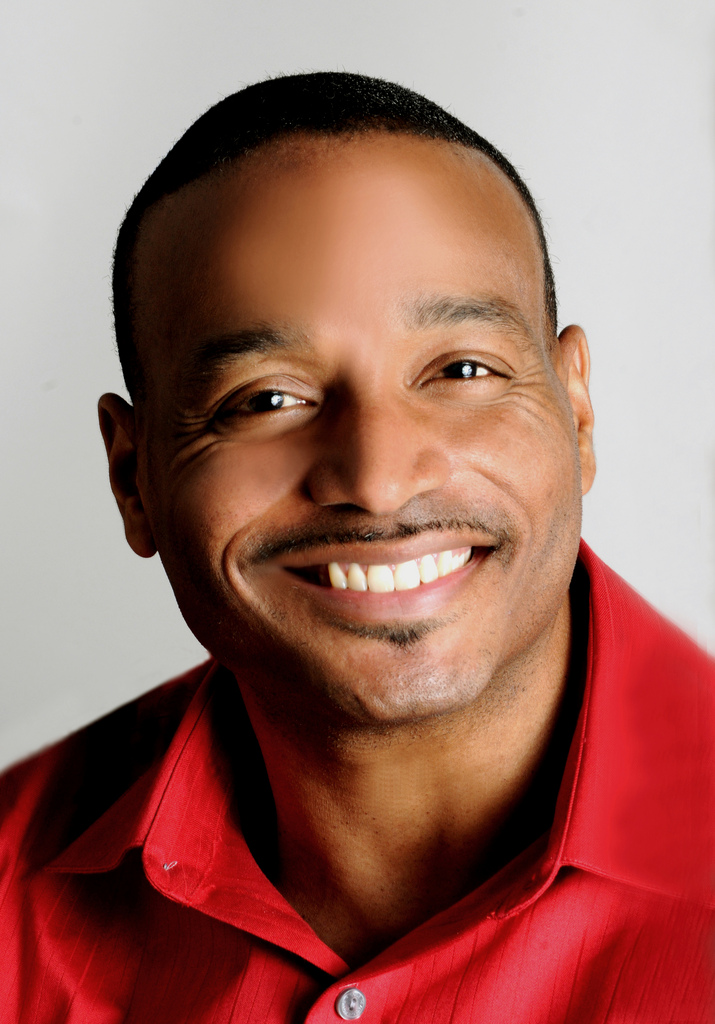
Rucker Johnson, Associate Professor in the Goldman School of Public Policy at UC Berkeley.

Sonya Joseph, Community Organizer for Brooklyn & Queens with Faith In New York (FINY).

Betsy Julian, Founder and Senior Counsel at the Inclusive Communities Project (ICP) in Dallas/Fort Worth, Texas.

Bill Keller, Editor-in-Chief of The Marshall Project, & former Correspondent for The New York Times (1984-2014). He served as the Times’ Executive Editor from 2003 to 2014.
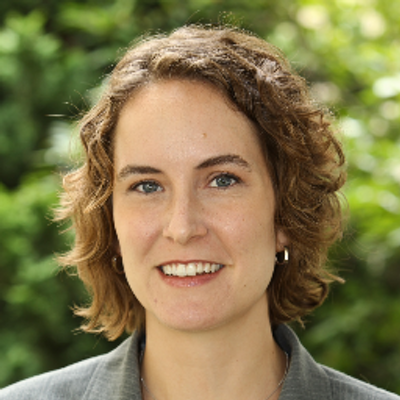
Elizabeth Kneebone, Research Director at UC Berkeley’s Terner Center for Housing Innovation, & Brookings Nonresident Senior Fellow.
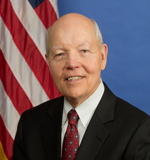
John Koskinen, former Commissioner of the IRS (2013-2017), & former Non-Executive Chairman of Freddie Mac (2008-2011).
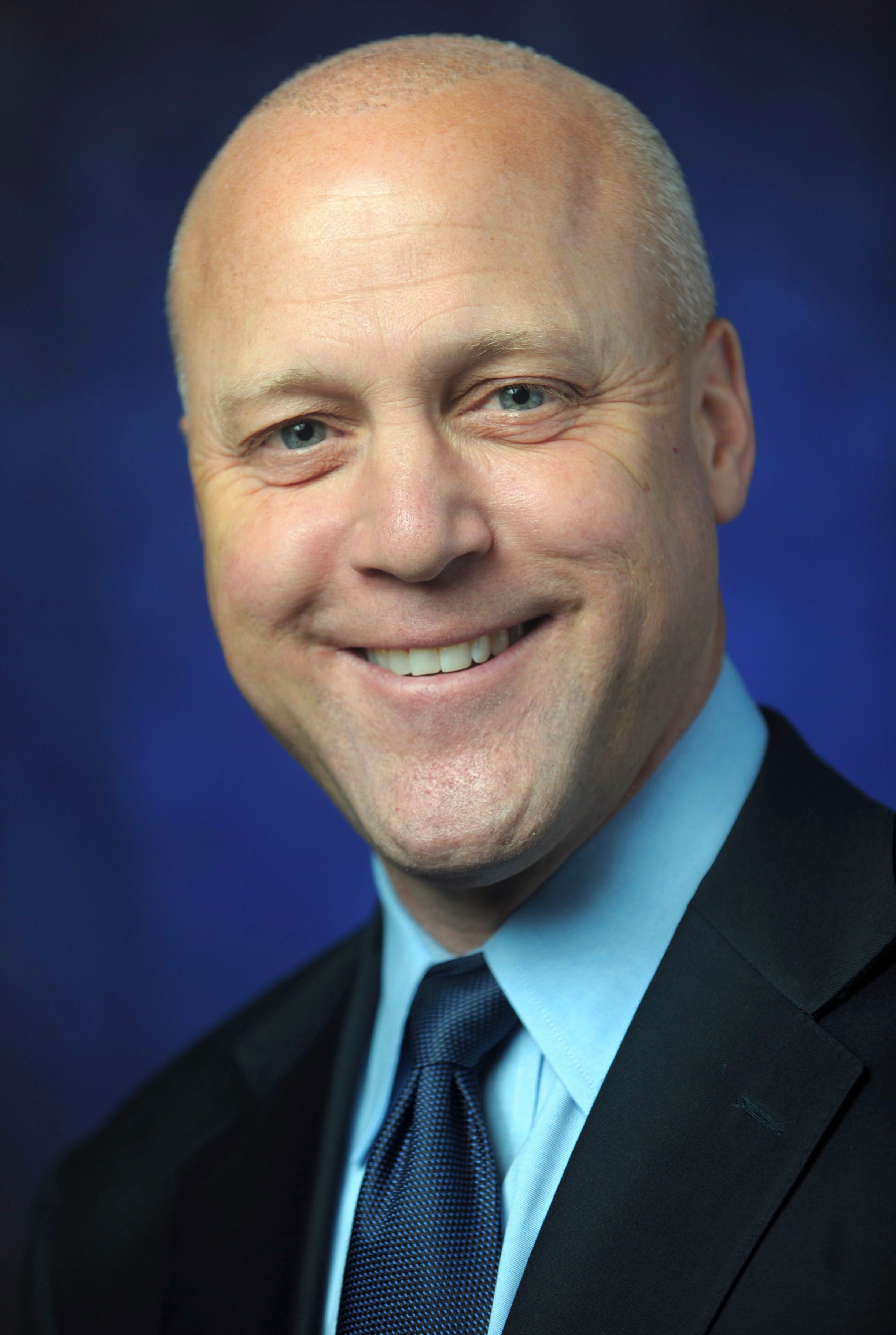
Mitch Landrieu, Mayor of New Orleans, & author of upcoming book on race, titled In the Shadow of Statues: A White Southerner Confronts History.

Thea M. Lee, incoming President of the Economic Policy Institute.
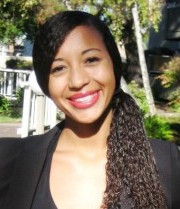
Christina Livingston, Executive Director of the Alliance of Californians for Community Empowerment.
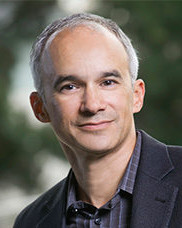
Ian Haney López, Earl Warren Professor of Public Law at UC Berkeley, & Director of the Haas Institute’s Racial Politics Project.
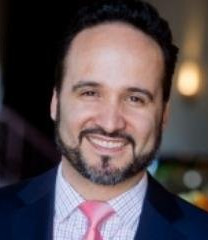
Guillermo Mayer, President & CEO of Public Advocates Inc.
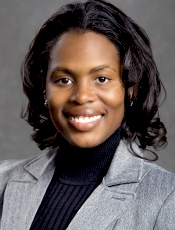
Mahasin S. Mujahid, Chancellor’s Professor of Public Health at UC Berkeley.
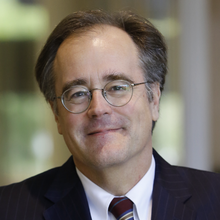
Myron Orfield, Earl R. Larson Professor of Civil Rights and Civil Liberties Law at the University of Minnesota, & Director of the Institute on Metropolitan Opportunity.

Victor Palmieri, Deputy Executive Director of the Kerner Commission Staff.
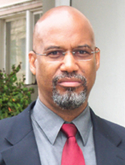
Steven C. Pitts, Associate Chair of the UC Berkeley Labor Center.
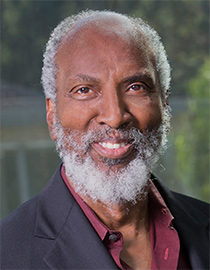
john a. powell, Director of the Haas Institute for a Fair and Inclusive Society at UC Berkeley, the Robert D. Haas Chancellor’s Chair in Equity and Inclusion, & Professor of Law and Professor of African American and Ethnic Studies.
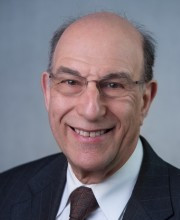
Richard Rothstein, Senior Fellow at the Haas Institute, Research Associate at the Economic Policy Institute, & a former Senior Fellow at the Chief Justice Earl Warren Institute on Law and Social Policy at UC Berkeley’s law school.
Robert Sampson, Henry Ford II Professor of the Social Sciences at Harvard University, & former Chair of the Department of Sociology at the University of Chicago.
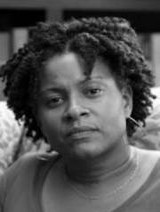
Sandra Susan Smith, Associate Professor of Sociology at the University of California, Berkeley, & author of Lone Pursuit: Distrust and Defensive Individualism among the Black Poor.
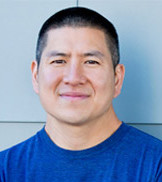
Eric Tang, Assistant Professor in African and African Diaspora Studies and the Center for Asian American Studies at the University of Texas at Austin.
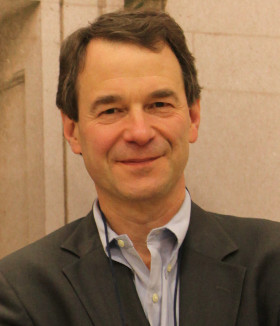
Phil Tegeler, Executive Director of the Poverty and Race Research Action Coalition.
Via Video Link
Chris Magnus, Tucson, Arizona Police Chief, & former Police Chief of Richmond, California.
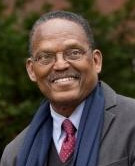
William Julius Wilson, Lewis P. and Linda L. Geyser University Professor at Harvard University.
Agenda
Wednesday, February 28 (10am – 6pm):
10am – Welcome and Replay of Keynote and Panel 1 Highlights from Tuesday Evening in Berkeley: America from 1968 to 2018: What’s Changed, What Hasn’t? Racial Justice and the Politics of Resentment: Moderator Ian Haney López; Panelists: Julian Zelizer (JHU), Eric Tang, Shantel Buggs
12pm – Welcome Address with Berkeley Audience: JHU President Ronald J. Daniels (JHU)
12:10pm – Panel 2: History, Origins, and Legacy of Kerner Commission: Moderator: John Koskinen; Panelists: Senator Fred Harris (JHU), Victor Palmieri, Jay Kriegel (JHU)
1:30pm – Panel 3: Black Lives Matter & Criminal Justice Reform: Moderator: Bill Keller; Panelists: Sandra Susan Smith, Ronald Davis, Lester Davis (JHU)
3:30pm – Robert Sampson Keynote
5:15pm – Panel 4: Housing & Neighborhoods: Moderator: Phil Tegeler; Panelists: Betsy Julian, Camille Charles, Richard Rothstein, Stefanie DeLuca (JHU)
Thursday, March 1 (10:30am – 6pm):
10:30am – Welcome and Replay Panel 5 Highlights from Wednesday Evening in Berkeley: Employment, Jobs and Transportation: Moderator: Thea Lee; Panelists: Steven Pitts, Elizabeth Kneebone, Guillermo Mayer, William Julius Wilson
12:00pm – Welcome Address by Mayor Mitch Landrieu with Berkeley Audience
12:20pm – Panel 6: Health and Race: Moderator: Lisa Cooper (JHU); Panelists: Leana Wen (JHU), Robert Hahn (JHU), Mahasin Mujahid
2:00pm – Panel 7: Education, Achievement, and Performance: Moderator: Erica Frankenberg; Panelists: Rucker Johnson, Linda Darling Hammond, Jitu Brown, David Steiner (JHU)
3:50pm – Sherrilyn Ifill Keynote
4:30pm – Panel 8: Remedies, Big and Small: Moderator: Chris Edley; Panelists: Jack Boger, Myron Orfield, Christina Livingston, Robert Lieberman (JHU)
Baltimore Registration
There is no registration fee to attend the Baltimore conference, but space is limited, so please reserve a ticket. Tickets can be reserved for the entire conference or for individual sessions. Tickets can be reserved here.
If you are located on the West Coast and/or prefer to attend the conference at the Berkeley location, register here.
Location
Reginald F. Lewis Museum, 2nd Floor Theater, 830 E. Pratt St., Baltimore, MD 21202
Parking & Directions
h3 id=”other-transport”>Parking
$7.00 validated parking is available directly across the street at the parking garage at 815 E. Pratt Street (on the corner of Pratt and President Streets). Bring your ticket to the museum’s front information desk to have it validated. Free on-street parking and metered parking is also available throughout the Harbor East and Little Italy neighborhoods.
Driving
From New York/Philadelphia and Points North (I-95):
Follow I-95 south through the Ft. McHenry Tunnel to exit 53/I-395 to Pratt Street. Follow Pratt Street to President Street. Museum is located on the corner of Pratt and President Streets.
From Harrisburg/York and Points Northwest (I-83):
Follow I-83 south (Jones Falls Expressway) to end (turns into Fallsway, Fallsway turns into President Street). Make left onto Pratt Street. Museum will be directly to your left.
From Washington, D.C. and Points South (I-95):
Follow I-95 north to I-395 to Pratt Street. Turn right onto Pratt Street. Proceed on Pratt Street until you get to President Street. Museum is located on the left.
Nearby Hotels
The conference is not holding a room block at any particular hotel. Below is a list of hotels within walking distance of the venue.
Fairfield Inn & Suites (0.1 miles from venue)
101 S President St, Baltimore, MD 21202
Pier 5 Hotel Baltimore (0.2 miles from venue)
711 Eastern Ave, Baltimore, MD 21202
Baltimore Marriott Waterfront (0.3 miles from venue)
700 Aliceanna St, Baltimore, MD 21202
Four Seasons Hotel Baltimore (0.4 miles from venue)
200 International Drive, Baltimore, MD 21202
Renaissance Baltimore Harborplace Hotel (0.4 miles from venue)
202 E Pratt St, Baltimore, MD 21202
Contact
Please address any questions you have about the conference to [email protected] or call 410-516-4913.

